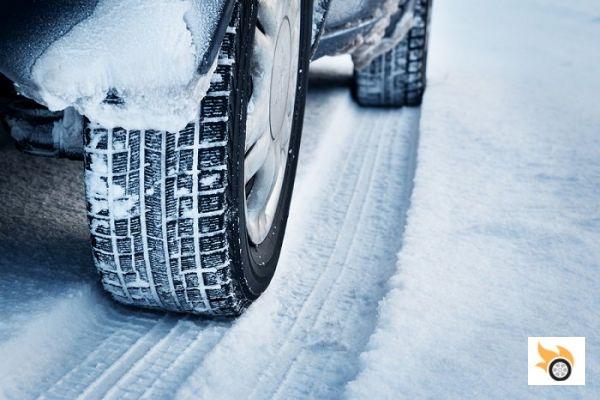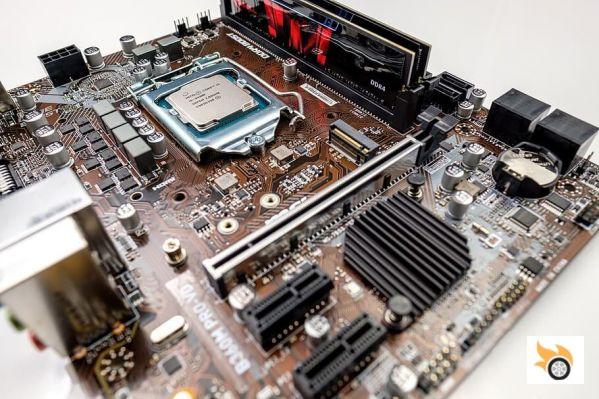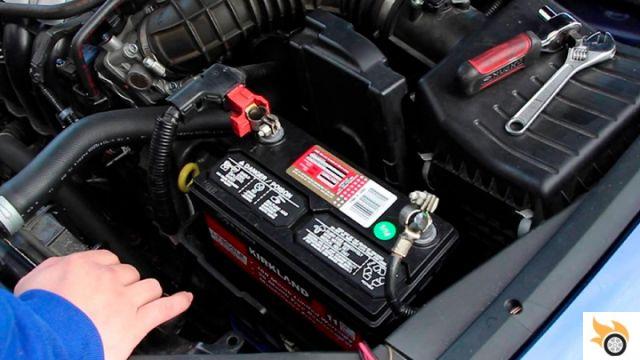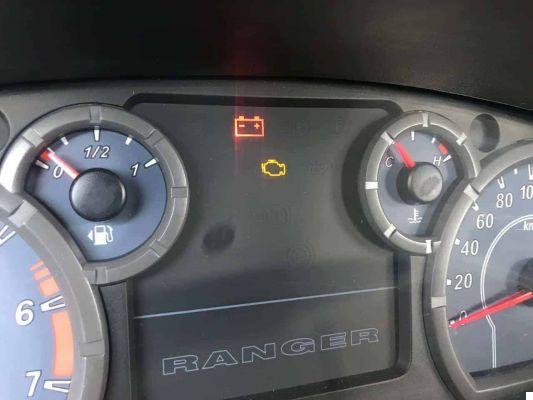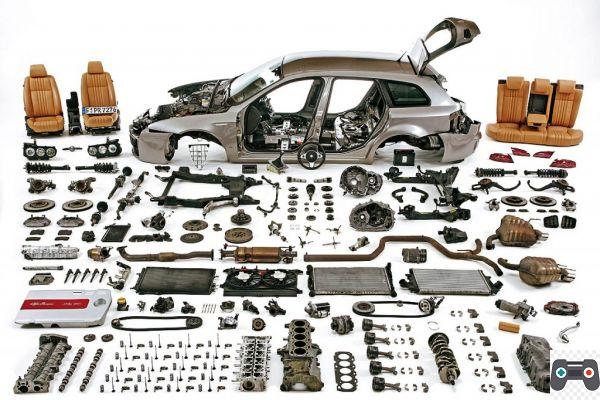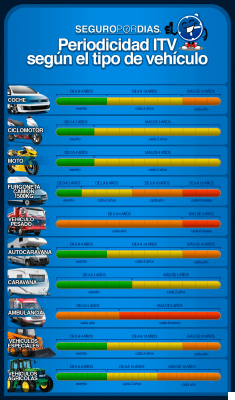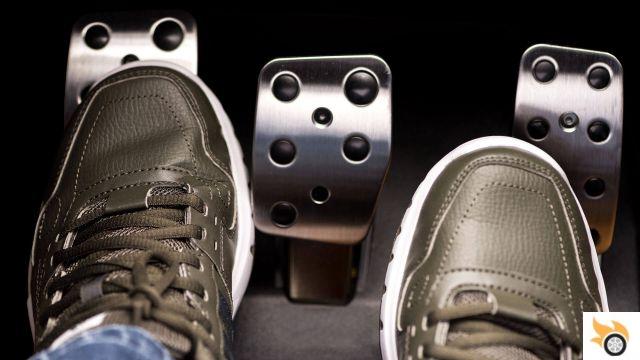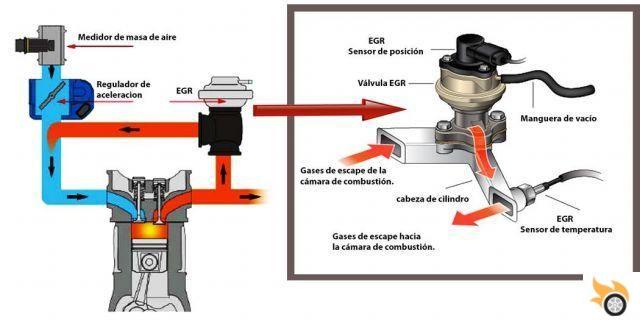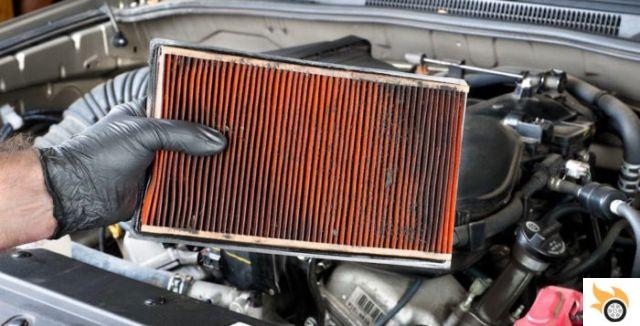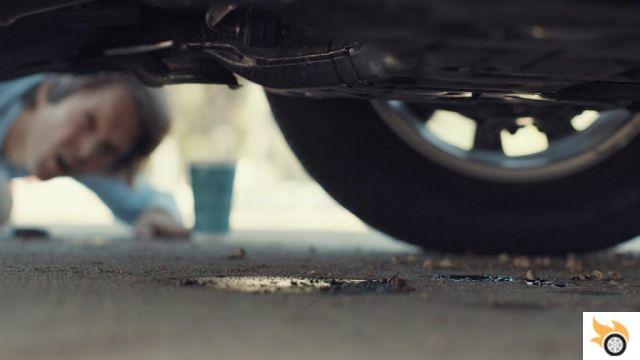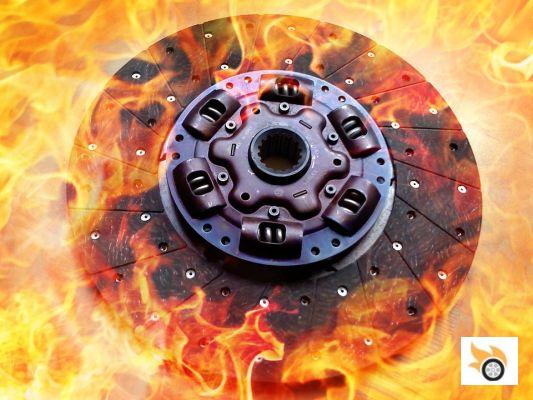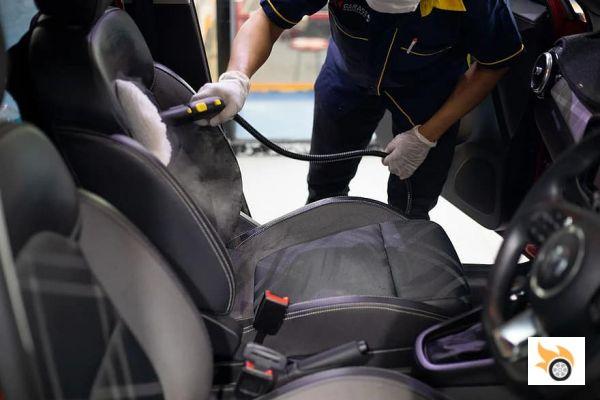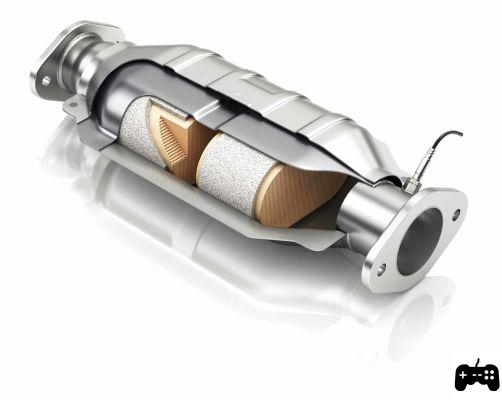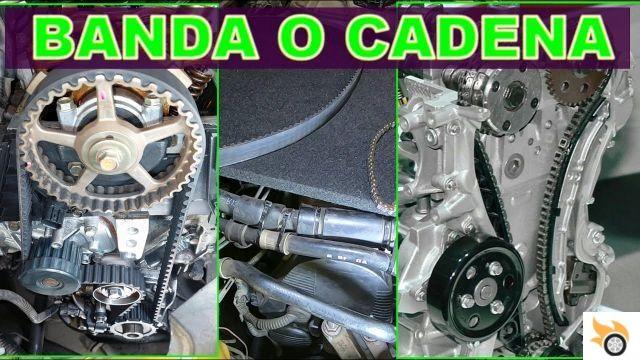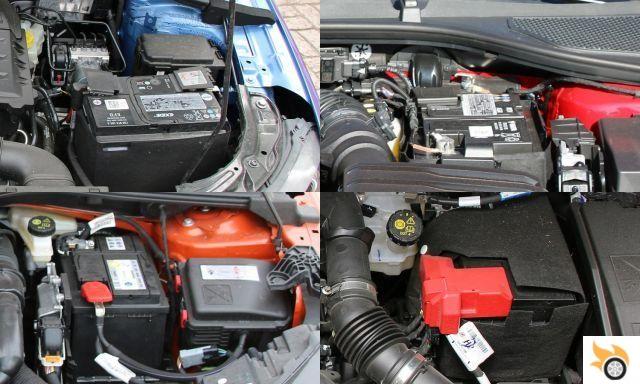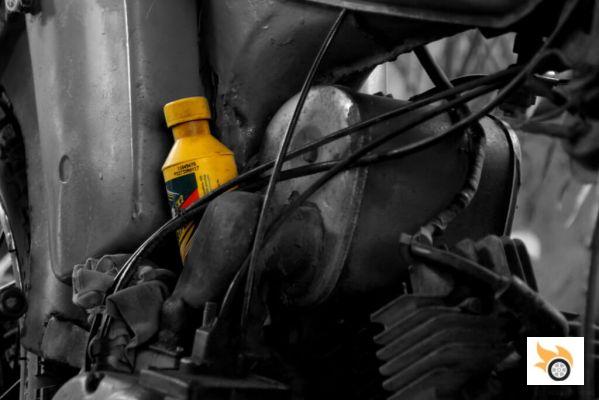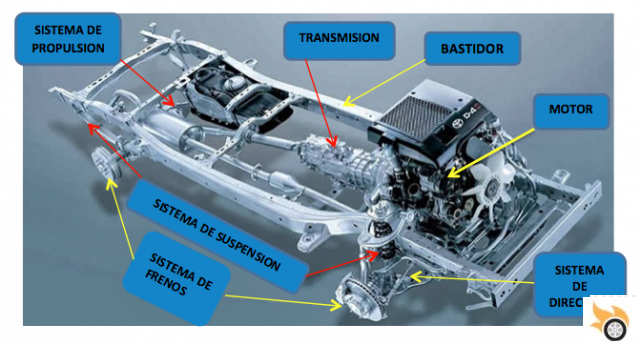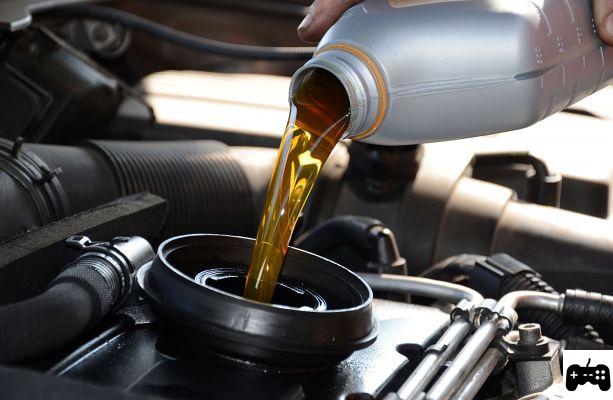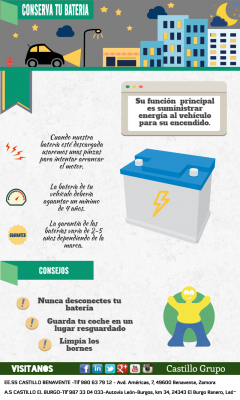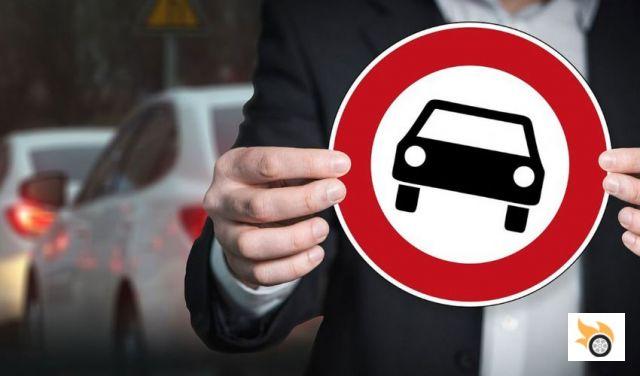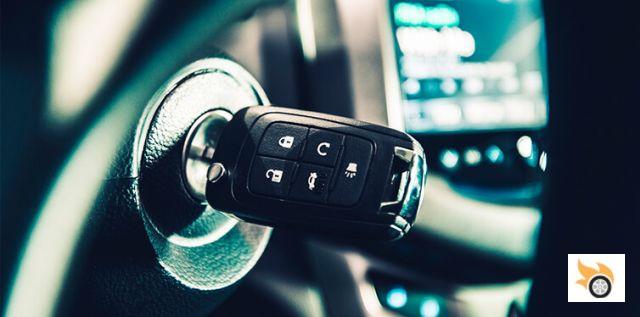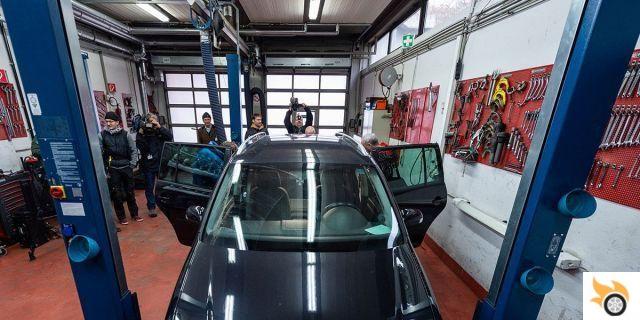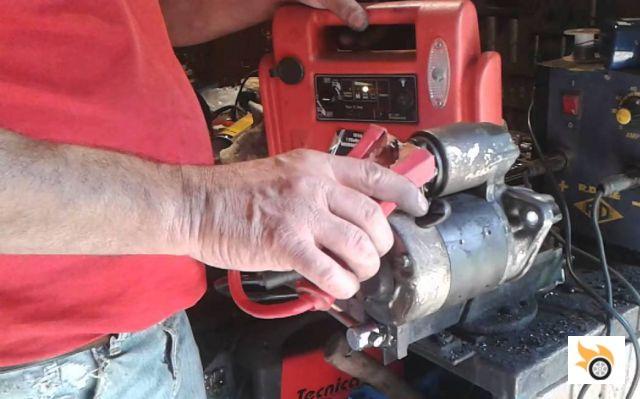
What is the starter motor?
The starter motor is a component of our car whose job is to start the vehicle's main engine. We could think of the starter motor as the alarm clock that tells us to get up every day.
In practice, the starter motor allows the engine to reach a sufficient number of revolutions to sustain itself.
You know when in the old movies to start an airplane, a little man comes and holds the propeller and turns it by hand? Or when someone starts a car using the crank after inserting it into a hole in the front? In both cases, the vehicles do not have a starter motor and therefore need an "old-fashioned" manual ignition.
The starter motor is present in all modern diesel or petrol cars, while electric cars do not need one. In case of a defective starter motor, as there is no crank, you will have to go immediately to the mechanic and ask for the replacement of the defective starter motor.
How the starter motor works
The starter motor converts the electrical energy stored in the battery into rotating mechanical energy.
As explained above, its purpose is to allow the main internal combustion engine to reach a sufficient number of revolutions to be self-sufficient (to run itself, in short).
When we decide to start the car the first thing we do is turn the key all the way or, in more modern cars, press a button.
In doing so, we send an electrical impulse from the battery to the electromagnet which turns the starter motor, which in turn turns the main engine. Et voit la! Ladies and gentlemen, you have a running car.
Why the starter motor breaks down
It may seem obvious, but the starter motor wears out as much as other parts of the car over time and with use.
Normally the starter motor has to be "checked" every 100,000 kilometers or every 1,500 turns of the key. It is virtually impossible to remember the number of times we have turned the car key, so the starter motor often breaks without warning.
A locked starter motor can make any car unusable and therefore it is best not to be unprepared.
The starter motor is just one of the components that can lock the car's ignition if it fails. The car's alternator converts mechanical energy into electricity and if it fails, it can cause problems to the electrical components responsible for starting the car. Similarly, if the battery fails, it may not supply enough power to the starter motor to start the car.
The alternator, battery and starter motor are therefore the first three components that should be inspected as soon as there are difficulties starting the car.
What are the symptoms of a faulty starter motor?
A locked starter motor can quickly go from being a simple bore to a serious problem that prevents you from using your car. Ideally, every motorist should know the symptoms of a locked starter motor.
However, of all the things to be aware of, this is not a priority and is often overlooked. So let's take a look at what the 5 symptoms of a stuck starter motor are:
- You hear a metallic ticking sound when you insert the key....
- The headlights are on but the engine won't start.
- The engine knocks, stumbles, but will not start.
- Presence of smoke or smell of burning plastic.
- There is oil in the starter motor.
Let us now look at each of the 5 faulty starter motor symptoms in more detail.
1st symptom faulty starter motor - ticking when key is inserted and noises
One of the first symptoms of a faulty starter motor is when you turn the key or press the "START/STOP ENGINE" button. This symptom is a particular sound similar to a metallic ticking.
Another typical sound of a faulty starter motor is a metallic humming or clanking sound when turning the car key. These sounds indicate that the internal components of the starter motor are worn and scratching against each other.
Needless to say, it would be better to go to a mechanic to avoid a broken down car far from home or in the middle of nowhere.
2nd symptom of a faulty starter motor - headlights on but the engine won't start.
You're in a hurry, get in the car, turn the key, the dashboard and headlights come on but the engine won't start. What's the problem?
Since the lights are on, we excluded the battery and alternator. So the butler is the culprit? Joking aside, that leaves only the starter motor as the cause of the car not starting!
However, the fault does not necessarily affect the starter motor, but may be due to a broken wire or a blown fuse.
Whatever the cause, 90% of the problem will be located in the starter motor.
3rd symptom of a faulty starter motor - the engine knocks but won't start.
If the car won't even start to "push" or with the cables and the engine seems to whine, chances are you have a problem with the starter motor.
This is because, even if you have replaced the battery power with human thrust or current from another vehicle, the starter motor can't rev up enough to start.
It is best to call a tow truck to transport the car directly to the shop and have the starter motor replaced.
4th symptom of a faulty starter motor - the presence of smoke
The starter motor is an integral part of your car's electrical circuit and therefore susceptible to blown fuses and short circuits.
When, in desperation, you try to start the car many times in a short time, the damaged starter motor can overheat and further damage the electrical components inside. The excessive temperature causes smoke and in some cases smells like burning plastic.
If you see smoke or smell burnt plastic, stop and do not force the starter motor any further! Do not keep trying to start the car, but call a mechanic immediately.
5th symptom of a faulty starter motor - engine oil in the starter motor
The starter motor is designed to run "dry", without engine oil or other fluids.
It is usually placed on the driver's side near the main combustion engine.
If you open the bonnet and see that the starter motor is covered with oil or other liquids, there is another problem: an oil leak.
In addition to affecting the car's operation and causing engine damage, the oil leak completely blocks the starter motor.
So beware that it looks like it could indicate a faulty starter motor, especially if the car won't start!
Read more about why a faulty starter motor is just one of the many problems behind a car that won't start.
How much does it cost to replace a faulty starter motor?
The cost of replacing the starter motor includes, as usual, the price of the replacement part and the cost of the mechanic's labor.
Normally it costs between 300 and 500 euros to replace the star ter motor for a mid-range car.
With high-end cars or special models the cost can increase (and a lot) depending on the availability of spare parts and their cost.




